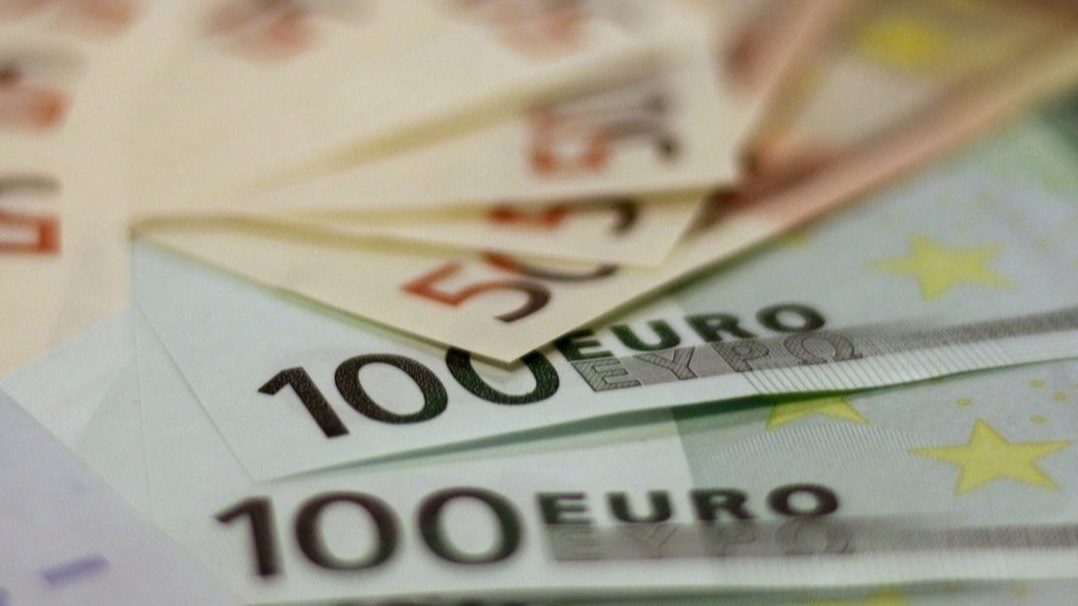Deficit expected to fall to 1.3% thas to inflation, surplus in 2023
The country's deficit is expected to be 1.3% this year, 0.6 percentage points below the government's target, due to the inflation, according to CFP estimates.
Portugal’s deficit is expected to be 1.3% this year, 0.6 percentage points below the government’s target, helped by inflation, and Portugal may return to a budget surplus of 0.1% in 2023, according to CFP estimates released on Thursday.
In the report updating the 2022-2026 economic and budgetary outlook, based on invariant policies, the Public Finance Council (CFP) improves projections for this year’s budget deficit to 1.3% of gross domestic product (GDP).
This is a revision from the 1.6% the institution projected in March but also means an improvement from the 1.9% forecast by the Government.
“The current inflation phenomenon, which was not fully anticipated in March 2022, has benefited public accounts in the short term, as economic agents do not immediately adjust their consumption and investment decisions, benefiting tax revenue, particularly in taxes levied on consumption,” it pointed out.
Although the CFP’s current estimate does not include the impact of the Extraordinary Business Support Plan due to, it says, “insufficient quantification of the annual effect”, it does, however, incorporate an impact of one-off and emergency measures that is around two percentage points (p.p.) of GDP higher than what was known in March.
For next year, the CFP forecasts a 0.1% budget surplus, in line with that achieved in the year prior to the pandemic.
The CFP scenario, since it is based on invariant policies, considers an automatic reversal, at the end of 2022, of the measures to mitigate the effect of the geopolitical shock and family income support, “to which must be added a higher than expected expenditure on the pandemic”, as well as an update of civil service salaries in line with the inflation forecast for 2023.
However, he admits that the “slight surplus is very sensitive to the amount of reversal of economic policy measures”.
“If we were to accept, as an alternative, only a partial reversal of some emergency and one-off measures (…) we would reach a budget deficit of 0.4% of GDP in 2023,” it states.
For the following years, it forecasts a balance of 0% in 2024, 0.1% in 2025 and 0.2% in 2026.
As for the public debt-to-GDP ratio, the CFP forecasts a decrease from 127.4% of GDP in 2021 to 116.6% this year, below the 120.2% estimated in March and the 120.7% forecast in the State Budget for 2022.
For the following years, it anticipates a downward trajectory for this indicator, from 111.8% of GDP in 2023 to 100.6% in 2026.
However, it warns that the scenario is drawn in a high level of uncertainty, so that, in addition to risks related to the war in Ukraine and inflationary pressures, it points out that in the budgetary plan, “one cannot exclude the hypothesis that the Government may have to present new measures in response to the energy crisis and price increases, or to extend the duration of the existing ones”.
For the CFP, possible new variants of the coronavirus may imply an extension of the term of some covid-19 measures or the adoption of additional measures.
It also highlights, as risks, the contingent liabilities related to the lines of credit with state guarantees materialising in higher than estimated expenditure, the “possibility that the impact on national accounts arising from the financial support to TAP may be higher than that considered for 2022 and/or that additional support may be granted in the coming years”, as well as “the possible use of the remaining amount of 485 M€ [million] under the Novo Banco Contingent Capitalisation Agreement”.
It also identifies “the budgetary pressures on current primary expenditure in the coming years related to pensions and the claims of private partners under PPP projects”.


